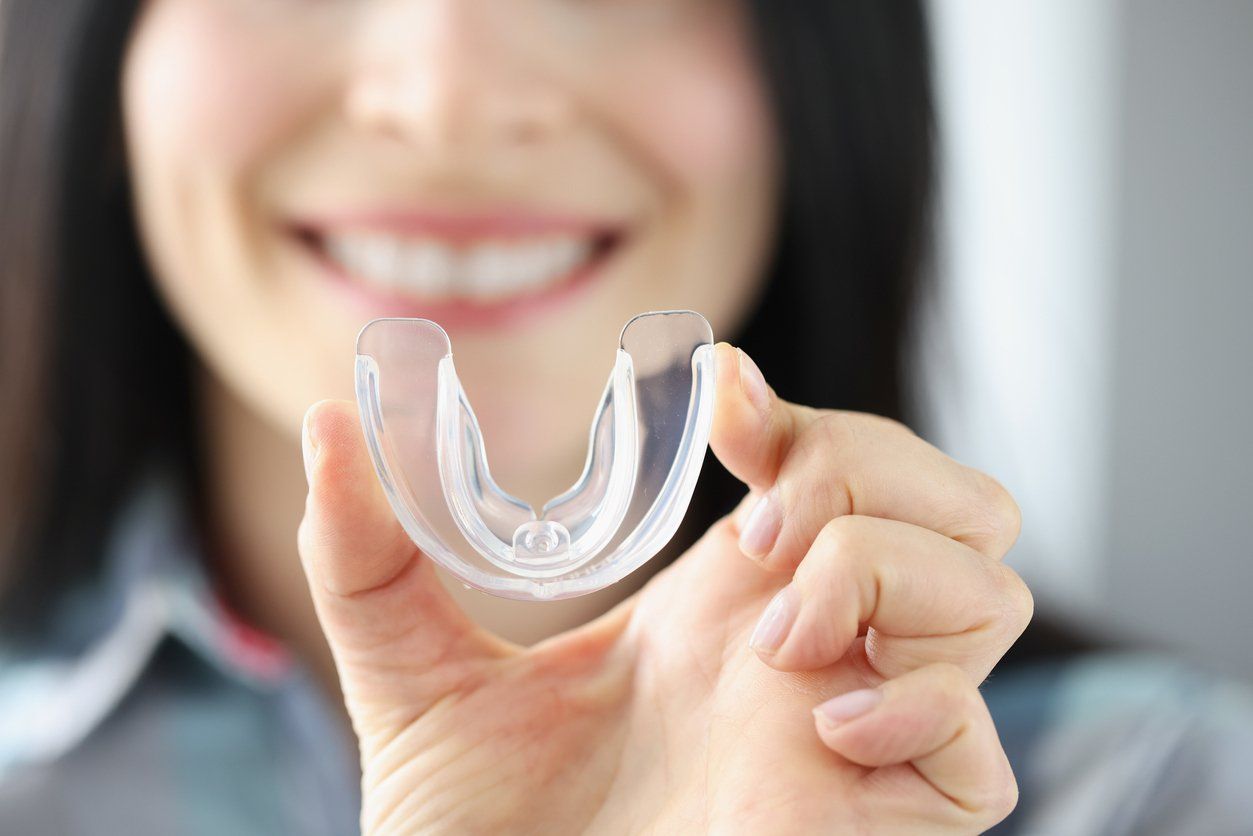Sports Mouthguards in Lincoln Park
Each year, sporting activities are to blame for tooth loss in millions of people. A recent study estimates that one out of every four people suffer from an oral injury in their lifetime. While many of those injuries come from higher contact sports such as football and boxing, a large percentage of tooth knockouts are from weekend hobby sports such as bike riding, baseball, basketball, and soccer. Athletes are 60% more likely to sustain tooth damage when not wearing a sports mouthguard, and it’s been estimated that properly fitted sports mouthguards prevent thousands of injuries yearly. Don’t take chances! Here’s everything you need to know.
Why should you wear a sports mouthguard?
Sports mouthguards are the best protection to keep your teeth for a lifetime. Not only do they save teeth, but they also prevent serious injuries like broken teeth, jaw fractures, cerebral hemorrhages, and neck injuries. They may also reduce the severity of concussions. And because they put your lower jawbone in a forward, downward position, they create a separation between the top of the jawbone and the lower part of the brain. Thirdly, if you have braces, sports mouthguards are effective in moving the soft tissue in the oral cavity away from your teeth, preventing the tearing of lips and cheeks.
As a dentist in Lincoln Park, we often get asked if playing a sport automatically means you should wear a sports mouthguard. The answer is absolutely – especially if you play a contact sport or other physical activities where contact with another person or the ground can occur. For example, sports mouthguards offer perfect protection for basketball, softball, football, wrestling, soccer, lacrosse, rugby, inline skating, martial arts, skateboarding, and bicycling.

What are the different types of sports mouthguards?
- Stock sports mouthguards. This is the most generic type of sports mouthguards and offers little protection because there are limits to how it fits in your mouth.
- Mouth-formed sports mouthguards. There are two different types:the first consists of an acrylic base that is poured into trays where it forms a lining and will set when placed in your mouth. The second is thermoplastic (also known as “boil-and-bite”), where the mouthguard is softened in hot water and then molded to your teeth with your fingers, tongue, and biting pressure. It’s important to note that many people don’t know how to fit these properly and end up with poorly fitted mouth protection.
- Custom-made sports mouthguards from Dr. Jeffrey M. Falduto. We will custom make a mold to fit your teeth and bite. This offers the best protection because it’s designed to specifically fit your mouth. This proper fit ensures that your mouthguard stays in place and doesn’t dislodge and become a choking risk.

